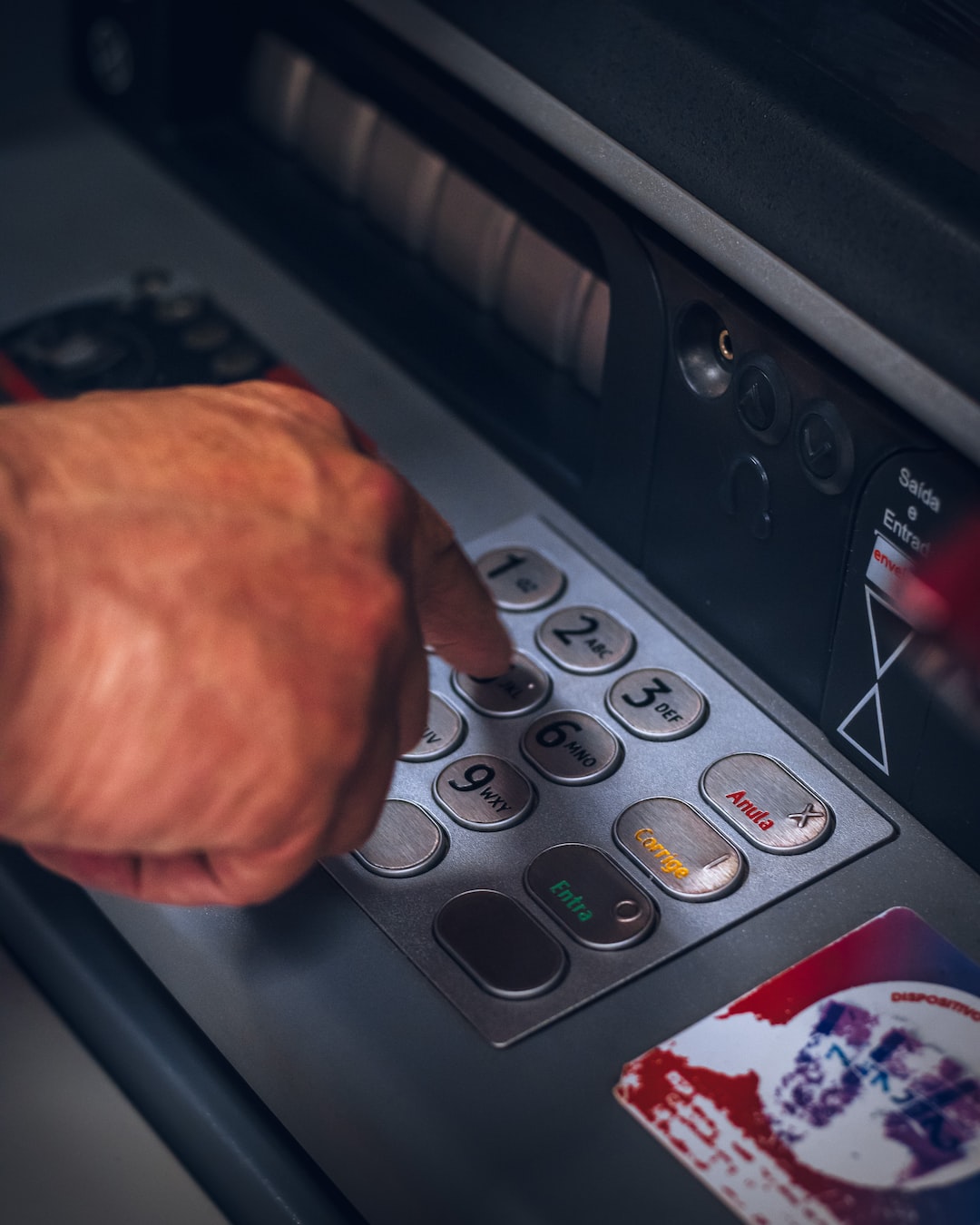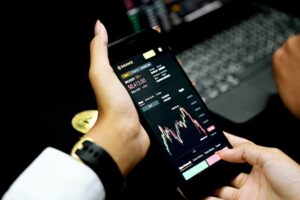The Importance of Emotional Intelligence for Expert Forex Traders
Forex trading is a complex and fast-paced market that requires expert analysis, quick decision-making, and the ability to manage risks effectively. While technical skills and market knowledge are undoubtedly important, one often overlooked aspect of successful forex trading is emotional intelligence.
Emotional intelligence refers to the ability to identify, understand, and manage one’s own emotions, as well as the emotions of others. In the context of forex trading, emotional intelligence plays a crucial role in helping traders make rational decisions, control impulsive behavior, and effectively navigate the unpredictable nature of the market.
One of the key components of emotional intelligence is self-awareness. Expert forex traders are aware of their own emotional states and can accurately assess how their emotions may impact their decision-making process. They understand that emotions such as fear, greed, and impatience can cloud judgment and lead to poor trading decisions. By being self-aware, traders can take steps to manage their emotions and prevent them from interfering with their trading strategies.
Another important aspect of emotional intelligence is self-regulation. Successful forex traders have the ability to regulate their emotions and not let them dictate their actions. They understand that trading decisions should be based on rational analysis and not impulsive reactions to market fluctuations. By exercising self-regulation, traders can stick to their trading plans and avoid making hasty decisions that could result in significant losses.
In addition to self-awareness and self-regulation, empathy is another key component of emotional intelligence for forex traders. Empathy allows traders to understand and recognize the emotions of others, particularly other market participants. By understanding how others may be feeling and how their emotions may be influencing the market, traders can make more informed decisions. For example, if traders can identify that the market is driven by fear, they may choose to adopt a contrarian strategy and take advantage of oversold conditions.
Furthermore, empathy can also help traders manage their own emotions when dealing with losses or unexpected market events. By recognizing that other traders are likely experiencing similar emotions, traders can gain a sense of perspective and avoid making impulsive decisions based solely on their own emotions.
Emotional intelligence also plays a crucial role in managing risk effectively. Forex trading inherently involves taking risks, and managing these risks is essential for long-term success. Emotionally intelligent traders understand that it is impossible to eliminate all risks, but they can mitigate them through careful risk management strategies. They are not driven solely by the desire to make profits but rather by the need to protect their capital and limit potential losses.
Moreover, emotional intelligence helps traders develop resilience and adaptability. The forex market is constantly changing, and unexpected events can have a significant impact on currency values. Emotionally intelligent traders are better equipped to handle these changes and adapt their strategies accordingly. They understand that losses are a part of trading and do not let them deter them from their long-term goals.
In conclusion, emotional intelligence plays a critical role in the success of expert forex traders. It helps traders make rational decisions, control impulsive behavior, manage risks effectively, and adapt to changing market conditions. While technical skills and market knowledge are undoubtedly important, traders who develop their emotional intelligence are more likely to achieve consistent profitability and long-term success in the forex market.





